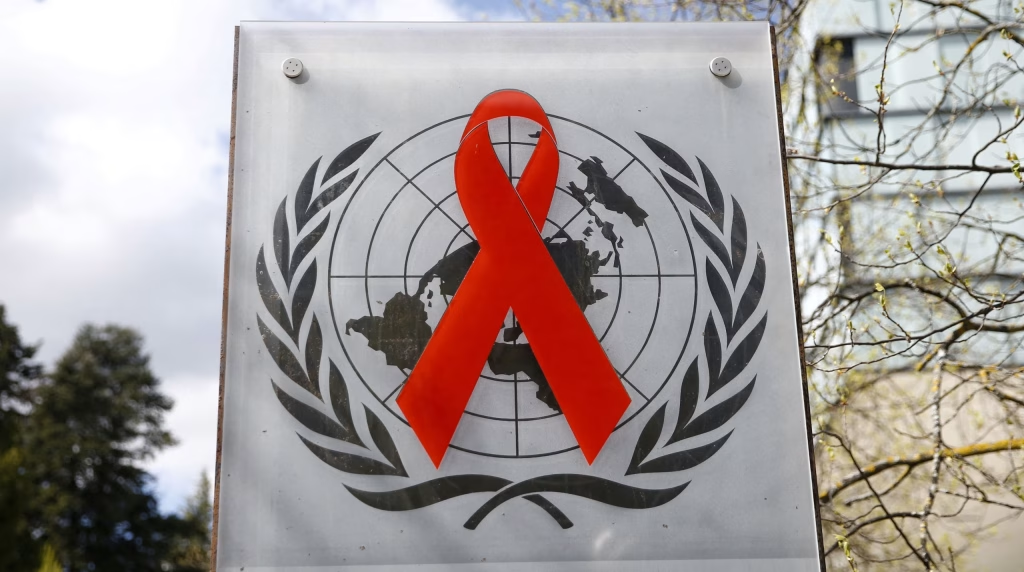What the Potential Closure of UNAIDS Means for Africa
The UN’s plan to close UNAIDS by 2026 threatens to derail Africa’s HIV response. With Nigeria home to 1.9 million people living with HIV, experts warn of setbacks without the agency’s leadership.

The United Nations’ proposal to shutter UNAIDS by 2026 has sent ripples across the global health community. Established in 1996, UNAIDS has played a central role in coordinating the worldwide response to HIV/AIDS, a pandemic that has claimed nearly 42 million lives since the early 1980s. Its work is particularly consequential in Africa, the epicentre of the epidemic, where two-thirds of people living with HIV reside.
According to the draft plan obtained by Reuters, the UN is considering merging UNAIDS’ functions into other agencies due to a steep funding shortfall. Staff cuts of up to 55% are envisaged, with a complete closure by 2026 on the table. The immediate trigger is the decline in donor contributions, especially from the United States, which has historically been the largest funder of global HIV programmes.
For Africa, the consequences could be dire. Nigeria alone has an estimated 1.9 million people living with HIV, according to UNAIDS’ 2023 data. While prevalence has dropped from 5.8% in 2001 to about 1.3% today, sustained progress has depended on the coordination, advocacy, and technical support that UNAIDS provides. A dismantling of the agency risks fragmenting these efforts.
Countries such as South Africa, Eswatini, and Uganda, which have relied heavily on UNAIDS for policy alignment and technical guidance, have already voiced quiet concern in diplomatic circles, according to African health journalists reporting from Geneva. The worry is not simply about lost funding but about losing a unifying body that has kept HIV on the global agenda despite competing crises like COVID-19 and climate change.
Nigeria’s situation underscores the stakes. Access to treatment has improved markedly in recent years, with nearly 1.6 million Nigerians on antiretroviral therapy by the end of 2023. Yet gaps remain. One in four people living with HIV in the country are still not receiving treatment, and stigma remains pervasive. UNAIDS has been critical in funding community-level programmes that address these social barriers, something bilateral donors often overlook.
Without UNAIDS, there is a real risk that Africa could see a reversal of hard-won gains. The agency’s 2023 report showed that AIDS-related deaths worldwide had halved since 2010, but progress has been uneven. New infections are still rising in West and Central Africa, and adolescent girls remain disproportionately vulnerable.
Reactions from advocacy groups have been swift. The International Community of Women Living with HIV, with chapters across Africa, warned that closure would be “a betrayal of the millions still at risk.” The African Union has also signalled it will lobby for UNAIDS’ survival, calling the proposal “short-sighted” at a moment when “global solidarity is needed most.”
The Nigerian government has yet to issue an official statement, but insiders at the National Agency for the Control of AIDS (NACA) admit that any closure will “complicate coordination” and increase reliance on overstretched domestic budgets. With Abuja already struggling with healthcare funding shortfalls—just 5% of the federal budget went to health in 2021 compared to the 15% target set in the Abuja Declaration—there is little fiscal space to absorb additional burdens.
The lesson here is clear: UNAIDS’ proposed closure is not only a bureaucratic restructuring. It represents a test of global resolve to keep HIV on the agenda at a time when donor fatigue is setting in. For Nigeria and much of Africa, the stakes are existential. Without a dedicated body to sustain pressure, fund advocacy, and ensure accountability, millions living with HIV risk slipping through the cracks.



